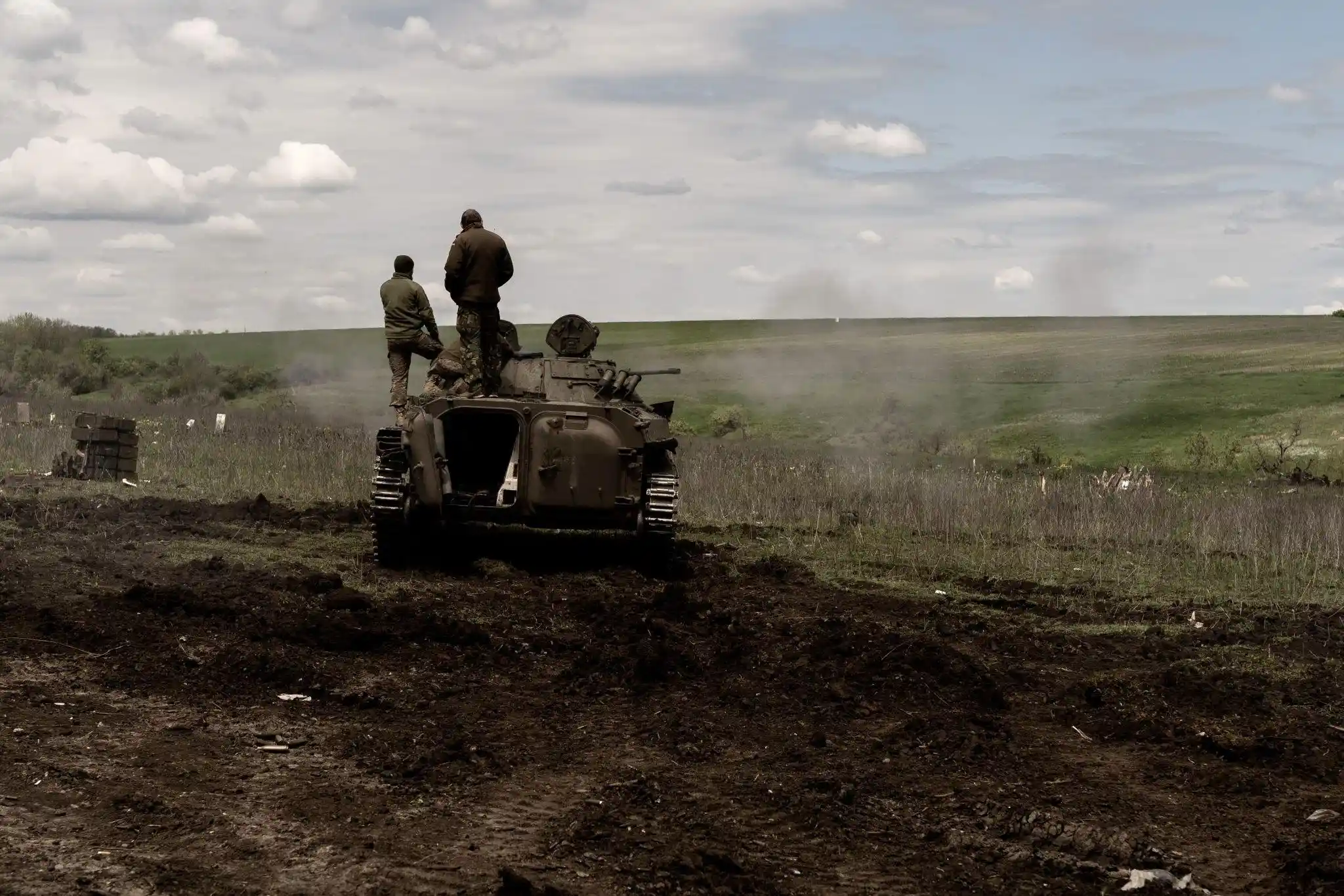Home → Publications → Special Editions → Securing the Future Generation: A Road Map for Arab Nuclear Cooperation
Securing the Future Generation: A Road Map for Arab Nuclear Cooperation
Executive Summary
Nuclear cooperation attracts international and regional attention, many Arab countries have aspired to produce clean nuclear energy and have either begun or are seeking to join the nuclear energy club. The United Arab Emirates (UAE), The Kingdom of Saudi Arabia (KSA) , Egypt, and Jordan, are the frontrunners in the Middle East and therefore will be the focus of this paper. Nuclear power is an international industry in terms of operation, supply chains, and vendors, as well as nuclear safety, non-proliferation and waste management, therefore, there is an ongoing need for cooperation and collaboration between states. This cooperation can include sharing technical expertise and nuclear technology, establishing agreements that facilitate nuclear exports, agreements on nuclear safety and standards, and collaboration with regulatory frameworks.
The paper employs horizontal or environmental scanning to analyse the current position of nuclear energy in each country and their preparedness for nuclear cooperation, as well as existing models of nuclear cooperation in other regions. Thereafter, the paper explores the different incentives countries may have for engaging in nuclear cooperation, including the potential benefits to be gained. A SWOT analysis is used to structure the environmental scanning, evaluating the strengths, weaknesses, opportunities, and threats within each country with regards to their potential role and contribution to nuclear cooperation in addition to an overall SWOT analysis of the countries as a whole with regards to the prospect of ongoing collaboration.
The paper is divided into three chapters; the first chapter provides an overview of nuclear energy in each of the selected countries, the second chapter examines existing models of nuclear cooperation and analyses the different enabling factors which will later be used to identify opportunities for Arab nuclear collaboration, and the third chapter analyses the various economic, political, and security incentives that would drive countries to seek cooperation or that can be used to advocate for greater collaboration among policymakers.
A cooperation model is produced as a result of this analysis, highlighting key characteristics of the ideal regional partnership. Three scenarios for Arab nuclear cooperation are evaluated to demonstrate what could occur if this proposed cooperation occurs, how it would happen, and the scenarios of no collaboration or limited cooperation.












Comments